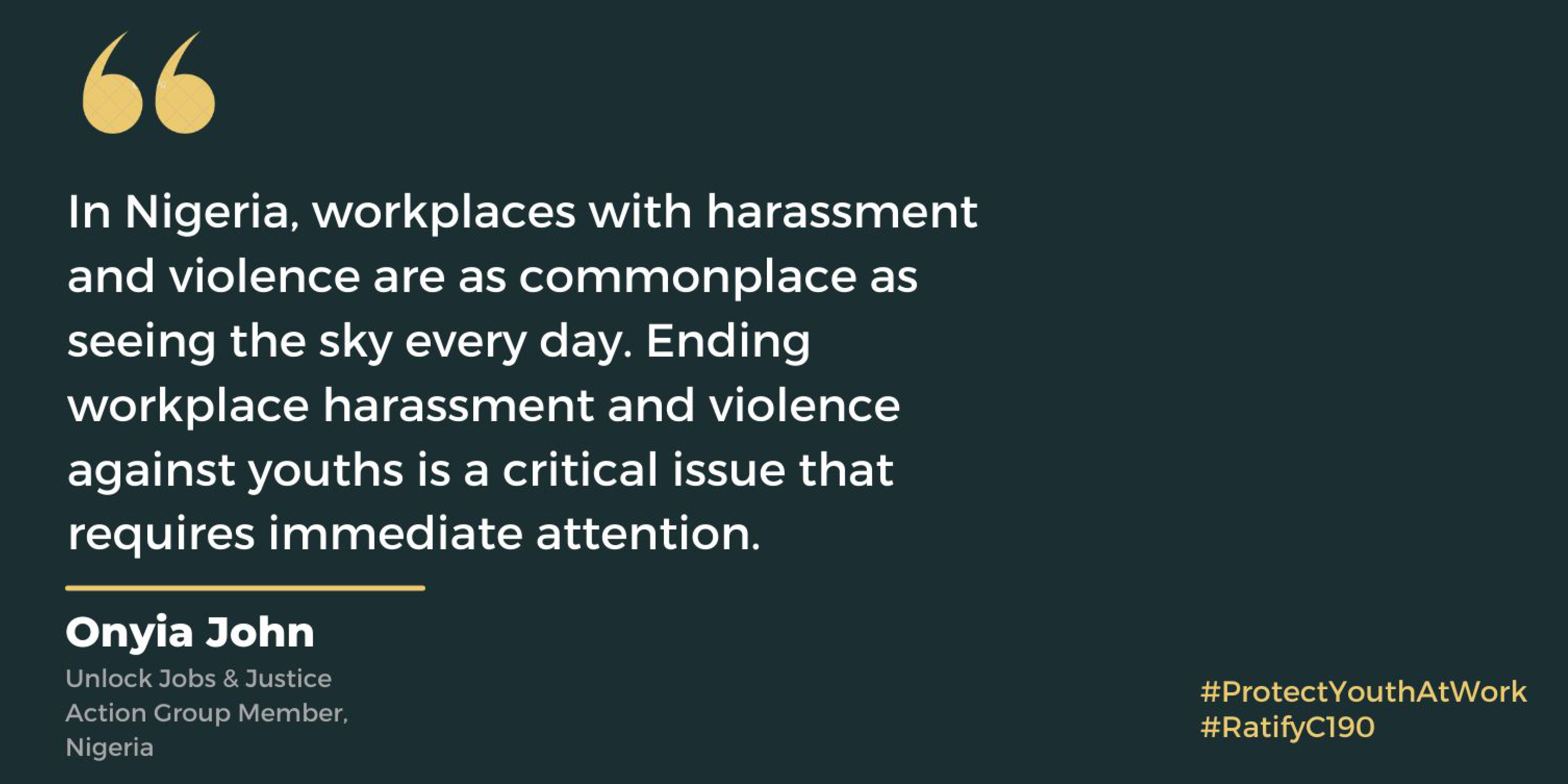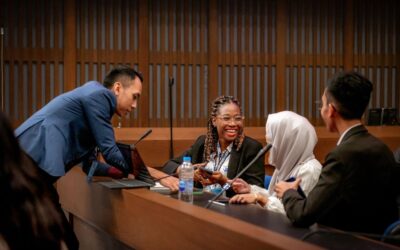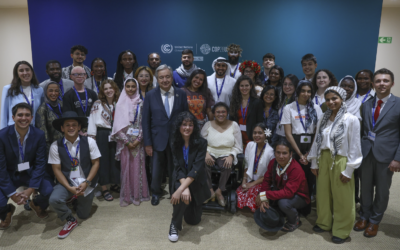By Onyia John, Jobs Action Group Member from Nigeria, Creative Designer & Founder, Orange Concept
In Nigeria, workplaces with harassment and violence are as commonplace as seeing the sky every day. As a young worker, you feel powerless to address abuse when it occurs, because every aspect of the system up to the judicial level is filled with the same injustice. These abuses take their toll: when youth experience these dynamics, they can have long-term effects on our mental health, self-esteem, and work performance. This in turn leads to absenteeism, high staff turnover, and loss of productivity, affecting not just the individual but the organization as a whole, and ultimately our entire economy and country.
The Nigerian government has taken the first important step to close gaps in our laws that expose young people to violence and harassment, by ratifying the International Labour Organization (ILO) Convention C190. The convention provides legal protections to ensure our fundamental human right to be able to work in a safe and healthy environment, with dignity and respect. Increasing awareness of the law and its protections for all workers, no matter if they work in an office or in the streets selling goods, will go a long way towards change.
But changing our laws in writing alone will not be enough. Now that C190 will take effect this fall, here are the steps that employers and staff must take to implement its measures in their day to day work:
Mandate a culture of respect and zero-tolerance for harassment and violence in the workplace
Employers must have clear policies and procedures in place to prevent and address harassment and violence, informed directly by the global standards. These policies should be communicated to all employees, and training should be provided to ensure that everyone is aware of their responsibilities and rights.
Promote youth employee participation and voice
Through staff forums, feedback channels, and grievance redressal mechanisms. As in many countries, Nigeria’s workplace culture can be hierarchical, with power concentrated at the top and limited decision-making authority for young workers. Employers are the only ones who can break this cycle and create workplaces where young people feel safe and comfortable reporting incidents of harassment and violence without fear of retaliation.
Provide support and resources to young workers who have experienced harassment or violence
This can include counseling services, legal support, and other forms of assistance to help them recover and move forward. Employers should take a proactive approach to support employees who have experienced harassment or violence and ensure that they are not victimized further. Implementing accessible social safety nets and welfare programs cannot be ignored, as these provide support and protection to young workers from vulnerable socioeconomic backgrounds, including access to healthcare, education, and social security benefits.
Ending workplace harassment and violence against youths in Nigeria and around the world is a critical issue that requires immediate attention. It is important to recognize the devastating impact that harassment and violence can have on individuals, and take steps to create a safe and respectful workplace culture. This involves implementing clear policies and procedures, such as those in ILO Convention C190, promoting youth employee participation and voice, and providing support to those who have experienced it.
Addressing these entrenched power dynamics requires a multifaceted approach and collaboration between various stakeholders, including government, employers, trade unions, civil society organizations, and young workers themselves. By working together, we can create workplaces that promote dignity, respect, and equality for all Nigerian employees now, and in the future.

By Onyia John
Jobs Action Group Member from Nigeria, Creative Designer & Founder, Orange Concept



